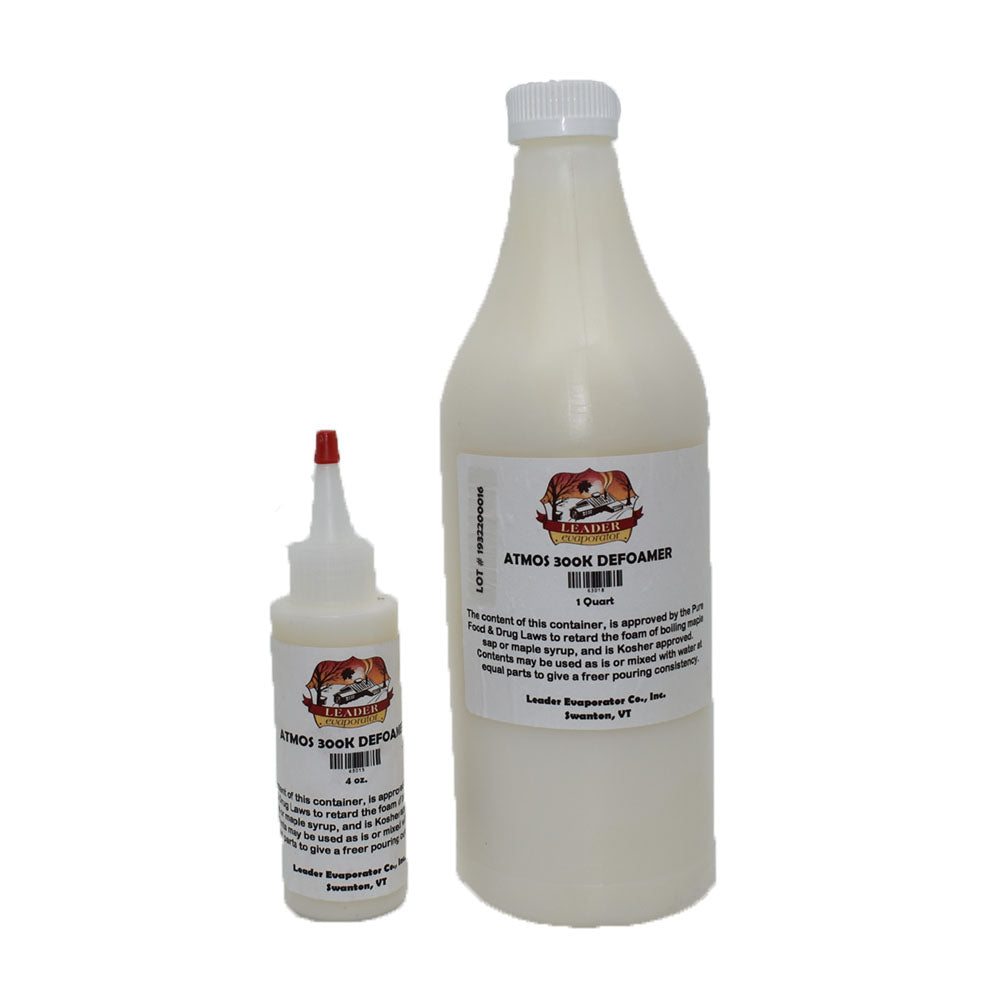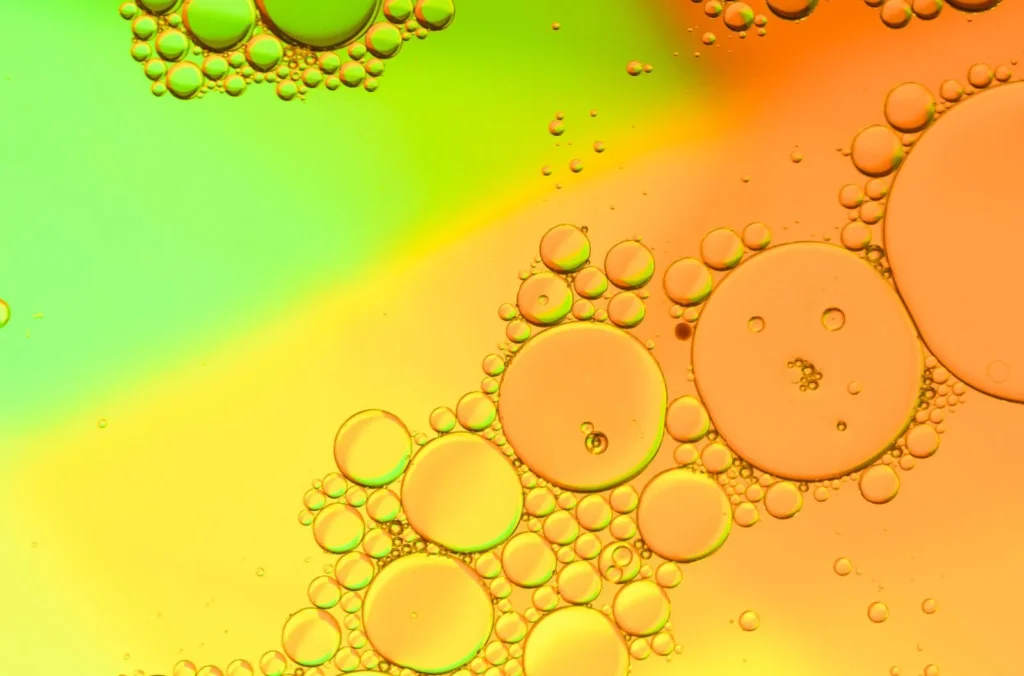The Role of Defoamers in Enhancing Item Quality and Efficiency
In numerous manufacturing processes, the visibility of foam can dramatically impede item top quality and operational efficiency. Defoamers act as essential ingredients that minimize this concern, ensuring smoother manufacturing operations while improving the aesthetic and practical characteristics of the end products (defoamers). Their application extends a multitude of sectors, from food and drink to drugs, where consistency and dependability are critical. Nevertheless, the choice of the suitable defoamer can be critical to accomplishing ideal outcomes, elevating crucial inquiries about formulation compatibility and efficiency metrics that merit additional expedition.
Comprehending Defoamers
Understanding the role of defoamers is crucial for preserving product top quality across various sectors. Defoamers are chemical additives created to minimize and prevent the development of foam in liquid systems, which can detrimentally impact procedures such as mixing, filling up, and surface area stress. Frothing can lead to inefficiencies, product issues, and endangered aesthetic allure, making defoamers an essential component in manufacturing procedures.
In industrial applications, defoamers aid to improve product consistency and stability. In the paint and coverings sector, foam can conflict with the application process and the final coating. Similarly, in food and drink manufacturing, too much foam can hinder bottling and packaging efficiency (defoamers). The effective use defoamers not just ensures smoother production procedures however likewise adds to premium item performance.
Furthermore, the selection and solution of a defoamer have to line up with specific application requirements, such as compatibility with other components, efficiency under differing temperature and pH problems, and potential regulatory restrictions. Ultimately, comprehending defoamers' features and their importance in different solutions is critical for maximizing manufacturing and making certain the greatest top quality final product.
Sorts Of Defoamers
Defoamers can be classified into a number of types based on their composition and device of action. The primary kinds include silicone-based, non-silicone organic, and not natural defoamers.
Silicone-based defoamers are among the most reliable, primarily as a result of their ability to spread swiftly on the fluid surface and interfere with foam development. Their distinct chemical framework allows for remarkable security, making them ideal for high-temperature applications and environments with varying pH degrees.
Non-silicone organic defoamers, frequently composed of all-natural oils or fats, are valued for their biodegradability and lower poisoning. These are normally utilized in food and beverage applications where security and ecological effect are critical.
Not natural defoamers, that include substances like talc or calcium carbonate, act by enhancing the thickness of the liquid, consequently lowering foam stability. They are often utilized in industrial processes where compatibility with other materials is not a concern.
Each kind of defoamer has distinct benefits and limitations, permitting customized services depending upon the particular frothing problems come across in different applications. Recognizing these differences is essential for enhancing efficiency and accomplishing desired item top quality.
Applications Throughout Industries
Countless sectors leverage defoamers to improve item quality and operational efficiency. In the food and beverage industry, defoamers are crucial in procedures such as developing and milk production to stop foam formation, which can lead to inadequacies and product variance. By controlling foam, suppliers can ensure much better return and a much more consistent item.
In the pharmaceutical market, defoamers play a vital duty YOURURL.com in the solution of liquid medicines, where extreme foam can hamper blending and exact application. Their use assists preserve the integrity of the solutions and promotes smoother production procedures.
The paint and coverings industry also depends on defoamers to improve the efficiency of products during application. By decreasing foam, these ingredients ensure a smoother surface and boost the visual qualities of the final product.

Advantages of Utilizing Defoamers
While the application of defoamers differs across sectors, their benefits consistently boost product top quality and procedure efficiency. One significant benefit is the reduction of foam development throughout producing processes, which can or else lead to production hold-ups and disparities in item quality. By decreasing foam, defoamers make it possible for a smoother flow of products, helping with much more efficient operations and reducing the probability of tools breakdowns.
Furthermore, the usage of defoamers can enhance the appearance and appearance of last products. In industries such as coverings, paints, and food handling, excessive foam can jeopardize the aesthetic appearances and general high quality, while the ideal defoamer application makes sure an uniform surface and desirable characteristics. Defoamers can add to set you back financial savings by decreasing waste during manufacturing and optimizing the use of raw materials.

Choosing the Right Defoamer
Picking the best defoamer is essential for enhancing manufacturing processes and making sure item quality. The option of defoamer influences not only the efficiency of foam control but likewise the total efficiency features of the end product. Factors to think about consist of the kind of application, the chemistry of the formula, and the ecological problems under which the item will certainly be used.
Various markets may need certain defoamer types, such as silicone-based, organic, or polymeric defoamers. Understanding the compatibility of the defoamer with the main ingredients is important to stay clear of unfavorable reactions that could endanger product honesty. Furthermore, the defoamer's efficiency in various temperature levels and pH degrees must be assessed to make sure regular performance.
Testing the defoamer in small applications can supply beneficial understandings right into its performance and suitability. Consideration of governing compliance, specifically in food, pharmaceuticals, and cosmetics, is critical in picking a defoamer. Eventually, a comprehensive analysis of these variables will certainly bring about the option of a defoamer that not only manages foam efficiently however also improves the top quality and efficiency of the final item.
Final Thought

Finally, defoamers are important additives that substantially enhance item top quality and efficiency across different sectors. By efficiently lowering foam this article development, these representatives not just boost operational effectiveness yet additionally contribute to the aesthetic and practical stability of products. The critical option and application of defoamers bring about set you back savings, maximized source usage, and boosted customer contentment. Generally, the importance of defoamers in commercial processes can not be overemphasized, as they play a vital role in accomplishing top quality and consistent outcomes.
Lathering can lead to ineffectiveness, item flaws, and jeopardized aesthetic appeal, making defoamers a critical part in producing operations.
